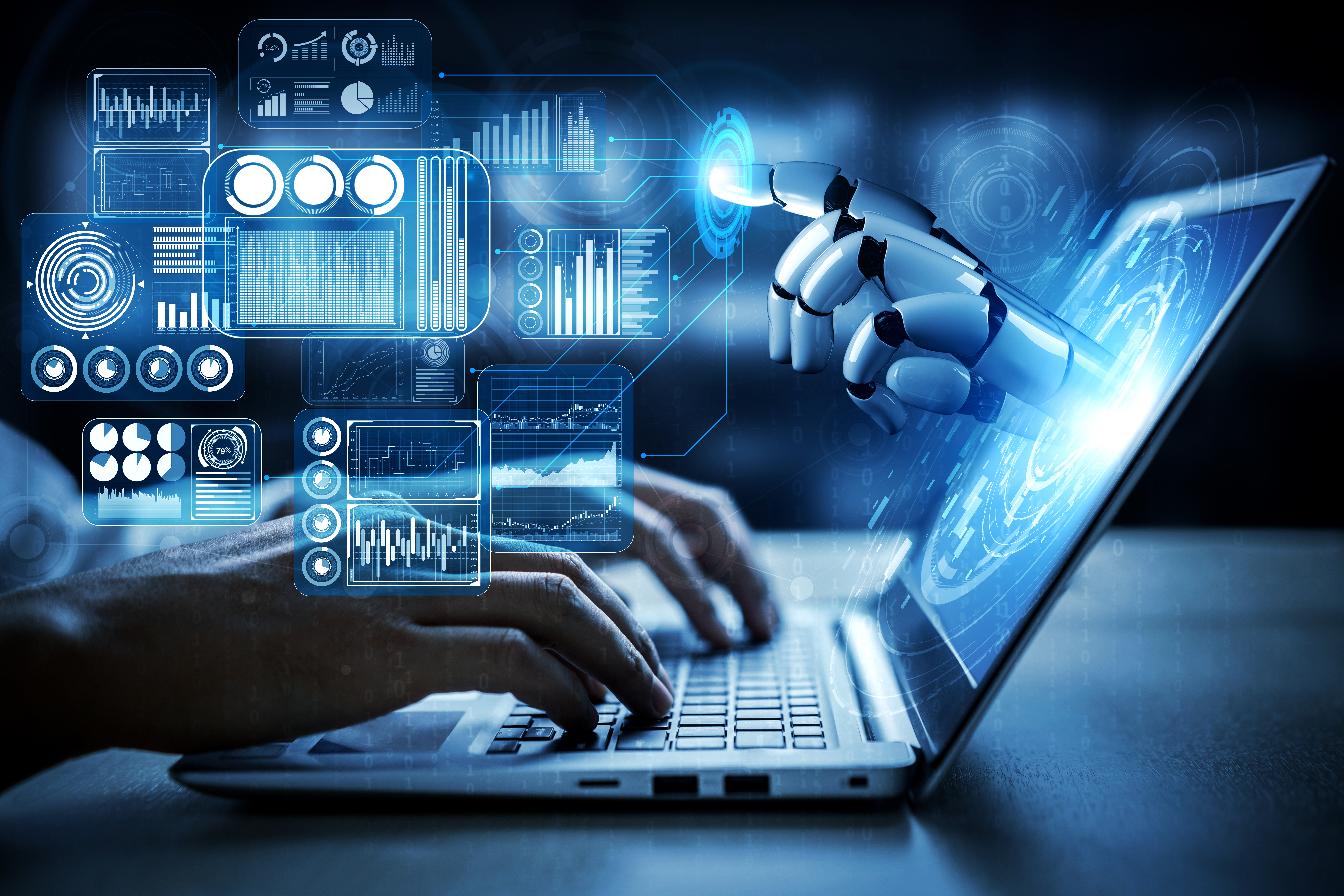Background
The use of artificial intelligence is expanding into nearly every sector of society—from healthcare and finance to transportation and government services.
Everyone’s talking about artificial intelligence. But do we really know what it is everyone is talking about? Many decision makers do not fully understand how these technologies work, nor fully grasp their potential benefits and risks, including unintended consequences of the various tools available.
Opinions vary as to what we mean by artificial intelligence. Some define it so narrowly that it only covers self-learning machines, while other definitions are so broad that even very simple statistical models are called AI. Some aspects of AI have already been in place for several years through predictive models.
AI holds immense potential to drive innovation, improve decision-making processes and solve complex problems across various fields, and eventually positively impacting society. How does it apply to the nuclear industry and in particular to the security of the nuclear materials, processes and facilities all along the fuel cycle? What are the expected nuclear security benefits? What could be the risks? What is the right level of the human-in-the loop when assessing security incidents?
Nuclear operators and other nuclear security stakeholders are already investing significant resources to address ever-evolving threats and to continuously look for new approaches and advanced technologies that will help ensure they remain one step ahead of their adversaries. What attitude should nuclear operators adopt towards AI? How can they develop their understanding of the topic? How can they design and implement a process for integrating AI capabilities into their nuclear security programme equipment and security solutions? What are the prerequisites to the successful implementation of such technology? What could be challenges, including legal and ethical matters?
In order to answer all these questions and further explore the topic of AI, WINS has decided to organise an international workshop bringing together nuclear security professionals and experts and leading thinkers in artificial intelligence and its application to physical security matters to the area of the nuclear industry.
Objectives
This workshop reviewed the latest information on the various applications of AI in nuclear security and specifically physical protection in the context of nuclear facilities. It explored how AI can play a significant role in improving physical protection by enhancing threat detection, monitoring, and response capabilities. In particular, the workshop explored the following areas:
- Video Surveillance and Monitoring (Facial Recognition, Object Detection, Behavioural Analysis)
- Intrusion Detection (Data Integration, Anomaly Detection, Pattern Recognition)
- Predictive Maintenance (Sensor Monitoring, Data Analysis)
- Response (Automated Alerts, Scenario Prediction, Real-time Engagement Awareness)
- Open Source Intelligence (Information gathering; Threat assessment)
- Education (Personalised training; Tailored exercises)
The workshop offered the opportunity for participants to benefit from the experience of practitioners who are already using AI to enhance the performance of their security arrangements.
It also was an opportunity to discuss the steps of an effective strategy to identify and embed AI-based technologies in existing security programmes and to share lessons learned and good practices from other industries which are already implementing such technologies.
The event reviewed challenges and pitfalls to the successful adoption of AI and attempt to offer possible solutions to these challenges.
Audience
The workshop was open to a group of up to 60 participants from all over the world. Representatives from the following organisations were encouraged to attend:
- Nuclear operating organisations
- Commercial A.I. companies
- Leading research organisations in advanced security technologies
- Regulators and other governmental organisations
- Law enforcement agencies
- Security experts, consultants and vendors
- International governmental organisations
Representatives from other critical infrastructures were invited to share their experience and perspective on the topic.
Female practitioners were be strongly encouraged to apply. At least 40% has been set up as a target for female speakers and female participants.
Process
In line with WINS’ approach to international workshops, this event was interactive and professionally facilitated. The workshop was built around various presentations from invited expert speakers, as well as breakout sessions that enable participants to further explore the topic and share their experience and lessons learned.
An online voting system enabled participants to provide their views on questions put to the workshop participants by anonymously registering their opinions.
The workshop was held in English. As with all WINS events, the discussions were unclassified but subject to Chatham House rules (what was said can be reported, but not attributed).
